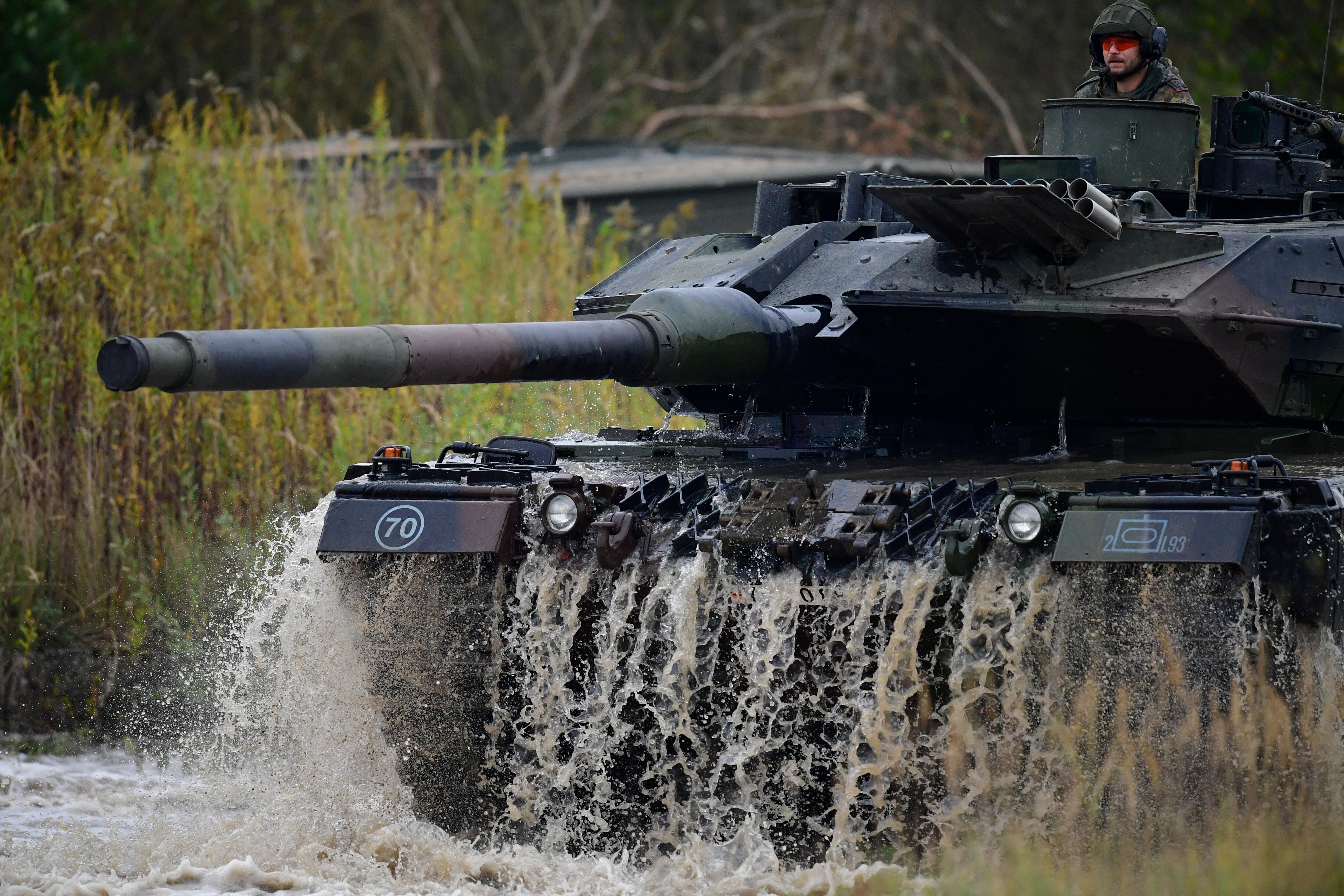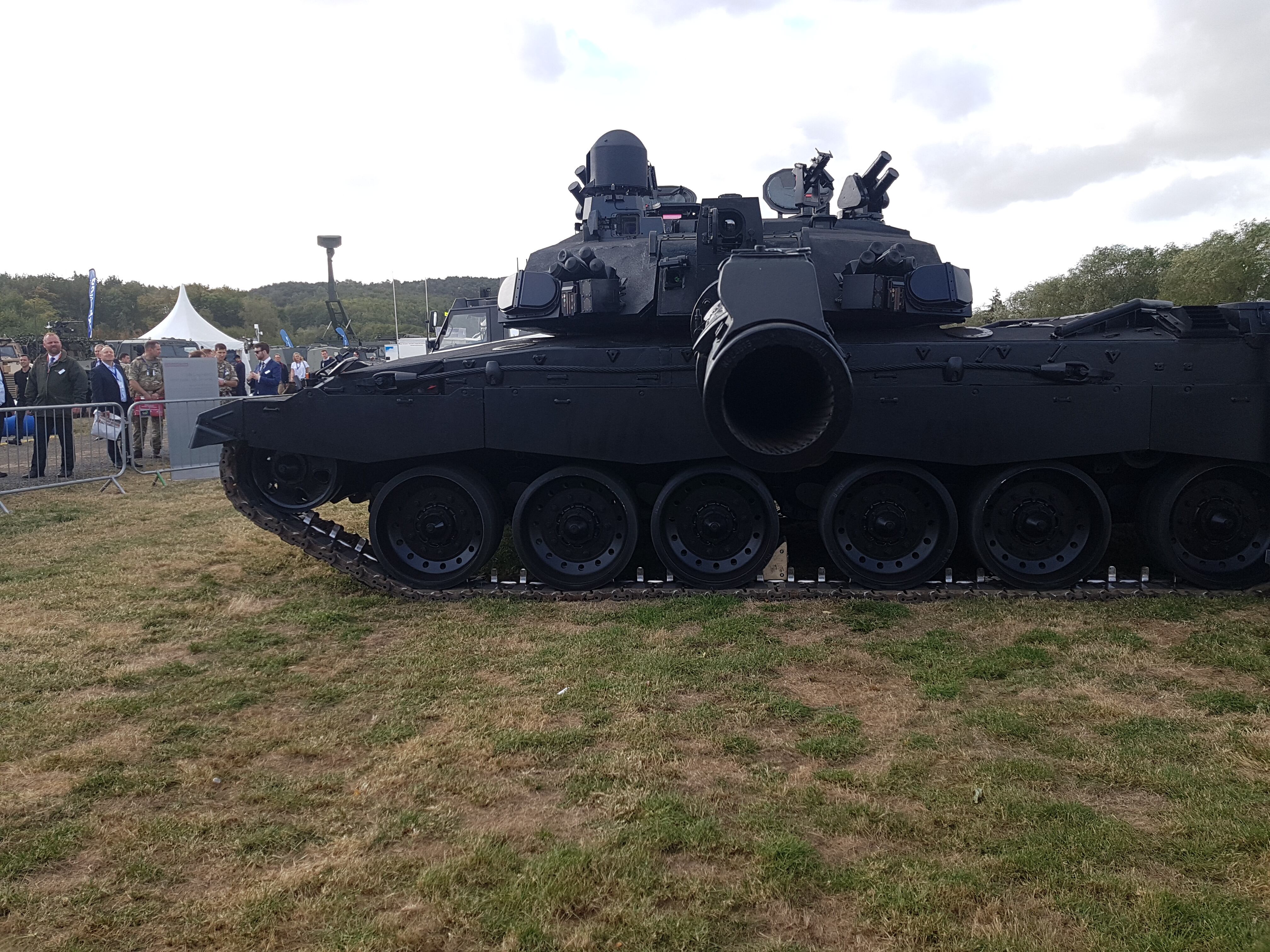COLOGNE, Germany, and LONDON — German tank-maker Rheinmetall plans to buy a majority stake in U.K.-based business BAE Systems, a move that could create a new industry heavyweight in the military vehicles market.
The two companies signed an agreement to create a joint business based at BAE Systems' Telford, England, facility. If government regulators approve, Rheinmetall would hold 55 percent of the new Rheinmetall BAE Systems Land, or RBSL, with the British firm keeping 45 percent.
BAE’s armored vehicles business in the U.K. has an annual turnover of about £60 million (U.S. $77 million) in a market increasingly dominated by foreign players like General Dynamics and Lockheed Martin, who have invested in assembly and design facilities locally on the back of securing major programs for the British Army.
The companies' initial focus is to pool forces for the British Army’s Mechanized Infantry Vehicle and other domestic competitions like the upgrade program for the Challenger 2. BAE and Rheinmetall are the only contenders for the program.
Rheinmetall is also eyeing global pursuits with the additional lineup of BAE’s products, including the Trojan and Terrier as well as military bridging vehicles.
“Joining forces with Rheinmetall in the U.K. provides renewed purpose for our vehicles business and allows us to deliver products, services and technology that help land forces excel in their vital roles,” said Jennifer Osbaldestin, managing director of BAE Systems Land UK. “We look forward to working together to ensure the joint venture is a trusted supplier to the British Army and our international customers.”
RELATED

Rheinmetall’s announcement to gain a foothold in the U.K. armored vehicles market comes after the company announced in November that a takeover of German rival Krauss-Maffei Wegmann may be in the offing. That acquisition would also touch France’s Nexter because the two companies have formed a Franco-German industry alliance with plans to compete for a new main battle tank used by both countries' armies.
The British government last year nominated Rheinmetall as the preferred choice to supply the British Army with hundreds of eight-wheel drive mechanized infantry vehicles, called the Boxer.
Selection of the German company was controversial, as Britain opted to select the offering without holding a competition. Discussions on closing the deal are ongoing.
Rheinmetall has committed to more than 60 percent of the work being done in the U.K. and has engaged with subcontractors like BAE, Thales and Pearson Engineering to join its local supply team.
“The Boxer program is a key motivator for this move,” a BAE spokeswoman told Defense News when asked about that program’s significance in the joint venture. “This isn’t about tidying up our portfolio and wanting to move away [from armored vehicles in the U.K.] It’s about creating a long-term, profitable, sustainable business. We have got a much better opportunity to do that as part of a joint venture with Rheinmetall.”
One industry executive, who spoke on condition of anonymity, said the deal with Rheinmetall partly reflects that BAE’s vehicle business in the U.K. had been “struggling for some time. I don’t think this is an indication of things to come elsewhere in their vehicles portfolio.”
RELATED

Stuart Andrew, the U.K. defense minister for defense procurement, hailed the joint venture in a statement. “This decision is a clear vote of confidence in the UK’s defense sector as a world-leader in making military combat vehicles,” he said. “This news brings a whole host of potential benefits for hundreds of British jobs, British exports and opportunities for new equipment for the UK and our international allies.”
The U.K. armored vehicles sector represents about 20 percent of BAE’s British land business, with the bulk of the revenue coming from munitions manufacturing. The joint venture would have no bearing on BAE’s major lines of business in Sweden, the United States or Turkey, according to the company.
Meanwhile, Rheinmetall reportedly plans to sue the German government over lost revenue stemming from an arms embargo to Saudi Arabia put in place by Berlin as a result of Riyadh’s suspected role in the killing of Saudi journalist Jamal Khashoggi, Der Spiegel reported Sunday.
While details of the case remain murky as part of the German tradition of shrouding arms deals in complete secrecy, the episode highlights how the divergence of national export policies across Europe are increasingly affecting the fabric of a changing industrial landscape.
Sebastian Sprenger is associate editor for Europe at Defense News, reporting on the state of the defense market in the region, and on U.S.-Europe cooperation and multi-national investments in defense and global security. Previously he served as managing editor for Defense News. He is based in Cologne, Germany.
Andrew Chuter is the United Kingdom correspondent for Defense News.








